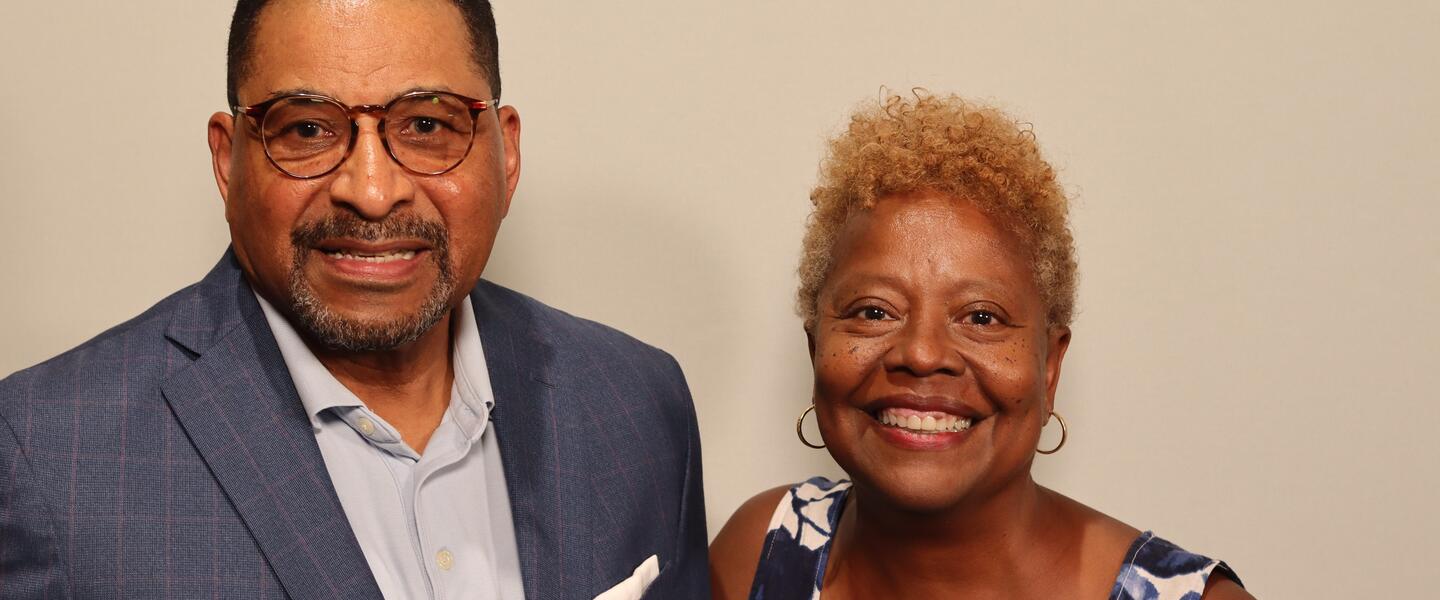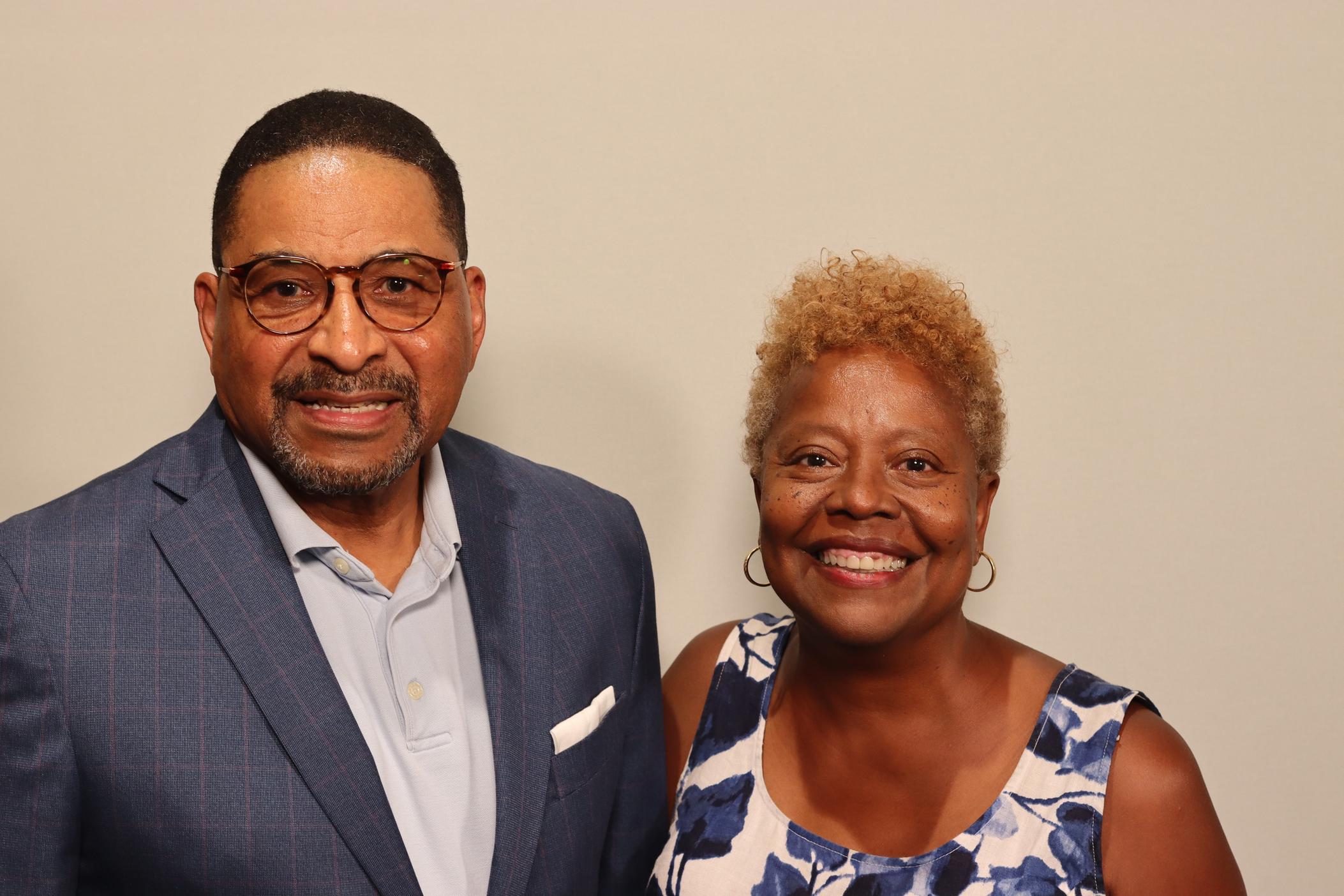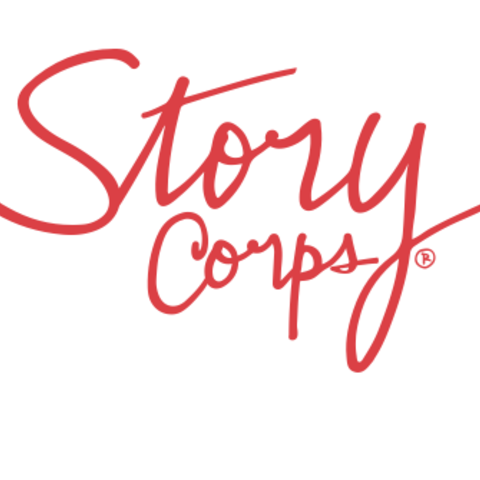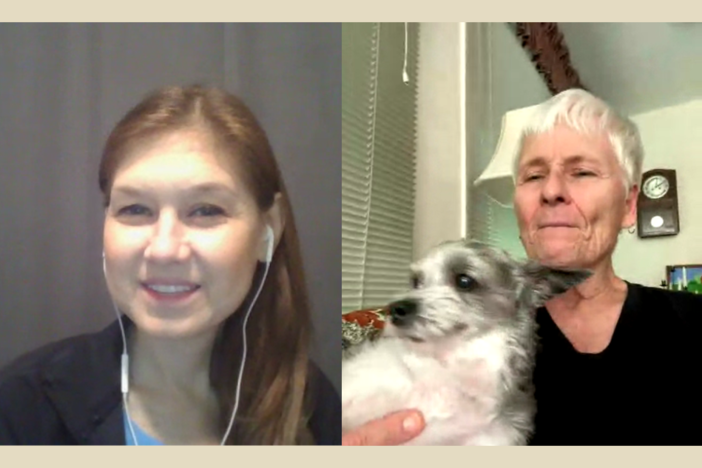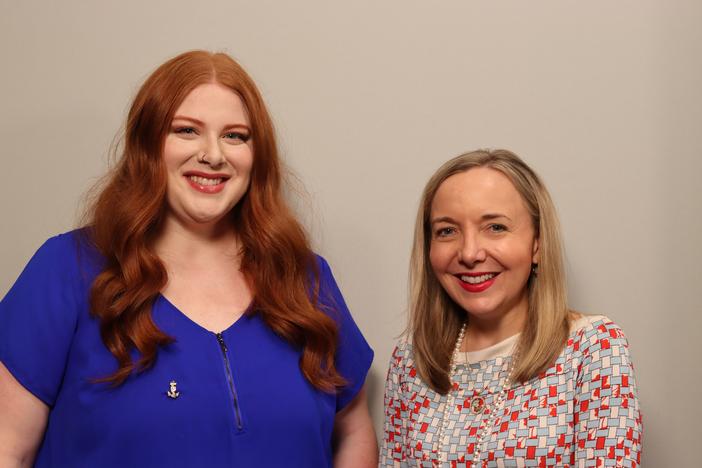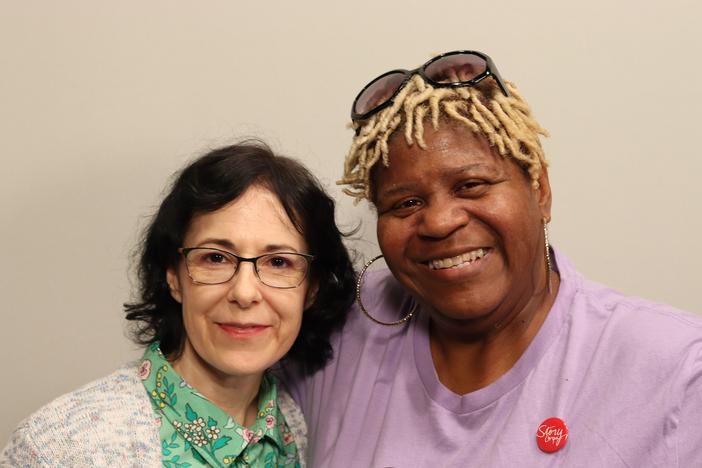Section Branding
Header Content
StoryCorps Atlanta: From New Orleans to Morehouse
Primary Content
Brent Wilson: My father, one of his favorite things to do was to integrate. So on Saturdays, when he was not working in the post office and in the school system, we would select a restaurant or some other business, and go and integrate it. (laughs)
Kiplyn Primus: As the whole family. So what was that like, to walk in those doors?
Brent Wilson: Well, you know, we really didn't experience much resistance, to be perfectly honest. Most of the businesses, you know, I think during that era, after the '64 Civil Rights Act, kind of accepted that there would be integration. So I really didn't have, you know, any difficulties. But, you know, growing up, during that era, obviously, you know, we had the divider on the bus where if you were an African-American, you had to sit in the back of the bus, segregated school systems. And, both my parents, you know, had gone to college, graduating, you know, college in the 1930s at a time where, you know, African-Americans in the South, that was, you know, that was —
Kiplyn Primus: Not common.
Brent Wilson: Uncommon. I did want to leave home. I wanted to go out of town.
Kiplyn Primus: And you ended up at?
Brent Wilson: Ended up at Morehouse.
Kiplyn Primus: And so now what was that like? Because at that time, Atlanta was a lot different from New Orleans. It was a little bit bigger, still small-town feel. But it was urban.
Brent Wilson: Yeah, but much more progressive, especially in terms of the African-American community. That's what struck me about Atlanta when I first got here. Of course, you know, a part of the Morehouse experience was, you know, touring, you know, Southwest Atlanta, some of the, you know, finer homes, etc., the African-American neighborhoods in Atlanta. I had never seen anything like that. And also at the time, the political climate in terms of African Americans was much more progressive. Andrew Young, who is a family friend, was running for Congress. And I remember distinctly to this day, the Morehouse Gym was a polling place. And I was walking down Fair Street, and Dr. Young was sitting there on, on the wall, supporting his son's campaign when when Andrew ran for Congress the first time. So, I was sort of inspired by the progressive nature of Atlanta politics — Julian Bond, and, you know, many of the, you know, other Atlanta icons, who, in my estimation, were leading the way and were much more — much more progressive than what I had experienced in New Orleans.
This story was produced locally for GPB by Chase McGee and recorded in partnership with StoryCorps Atlanta.
